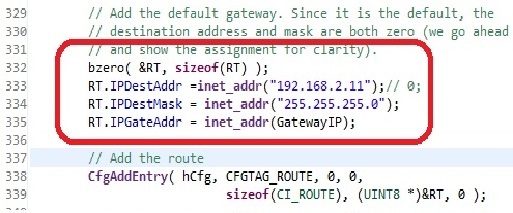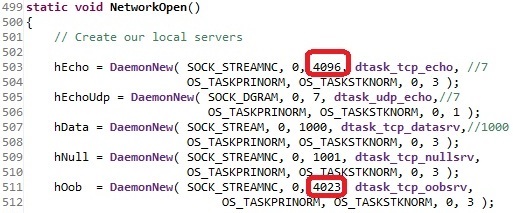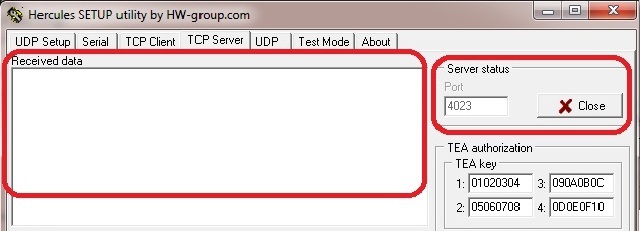Hi
I run the project "client" at "C:\Program Files (x86)\Texas instruments\mcsdk_2_01_02_06\examples\ndk\client\evmc6678l", and test it by "hercules" soft ware, when DSP works as server the connection works correctly but DSP works as client the connection dos not work!!!! and DSP dos not send data for start communication to PC, what should I do?
PC IP: "192.168.2.101"
Software on PC for communicate to DSP: hercules_3-2-5
Port that set in "hercules" soft ware when listen: 999





